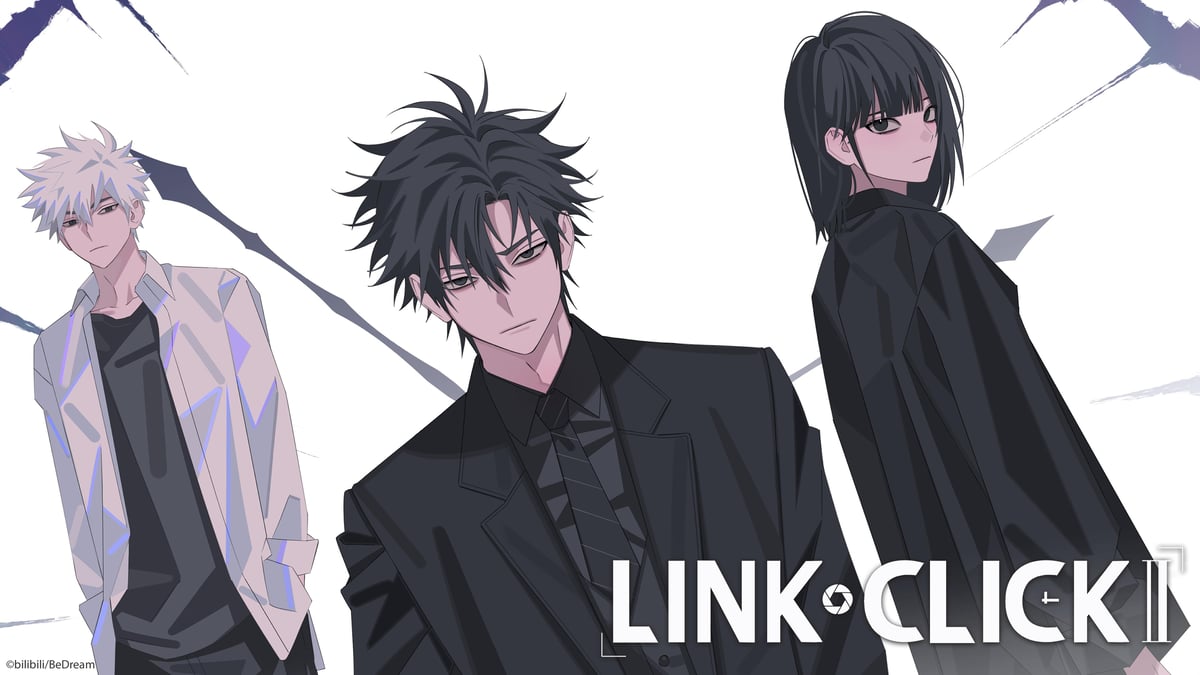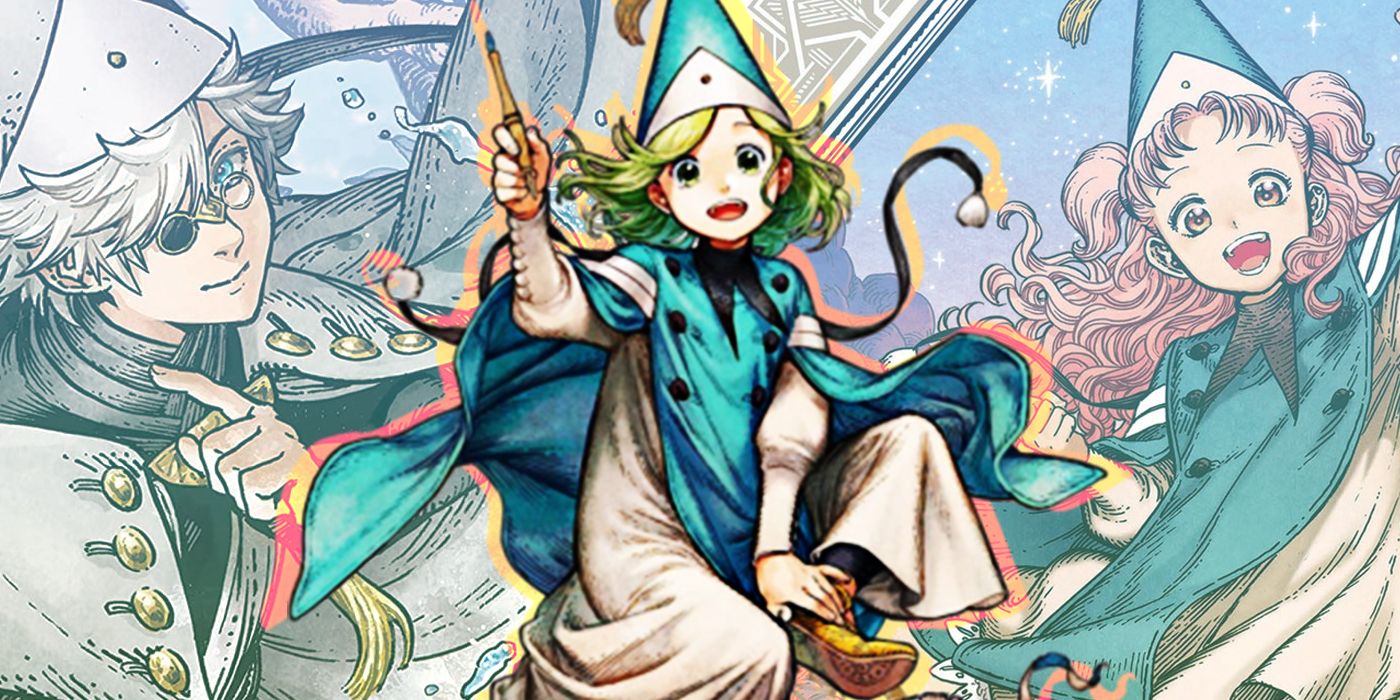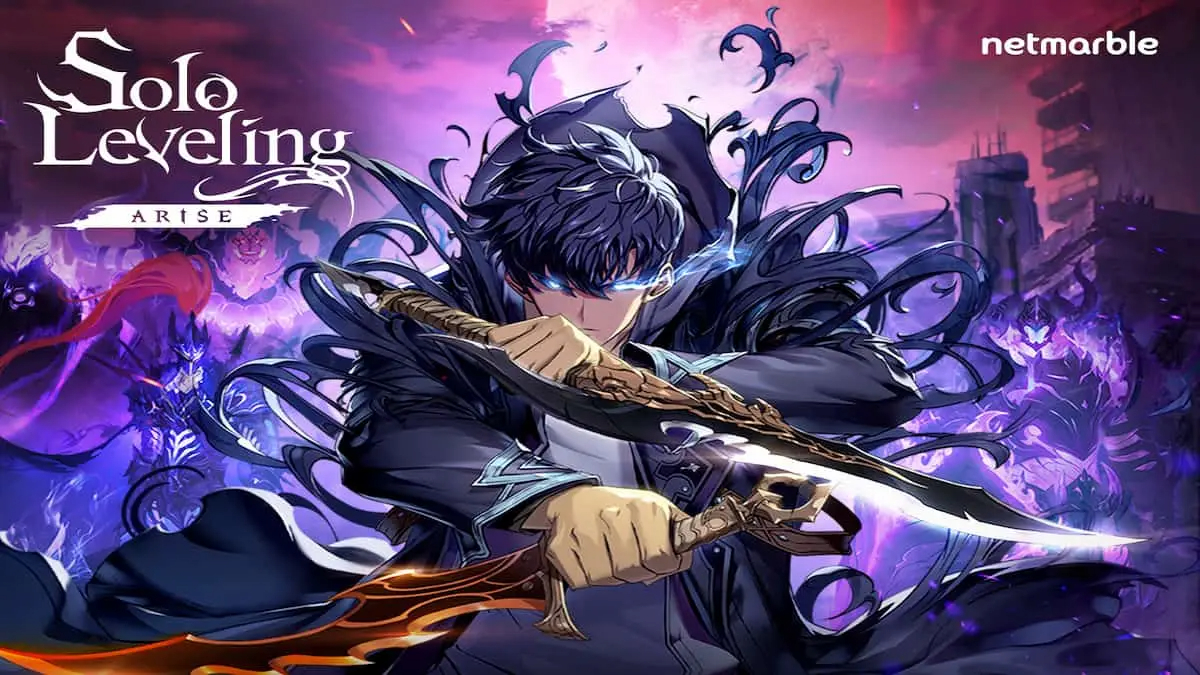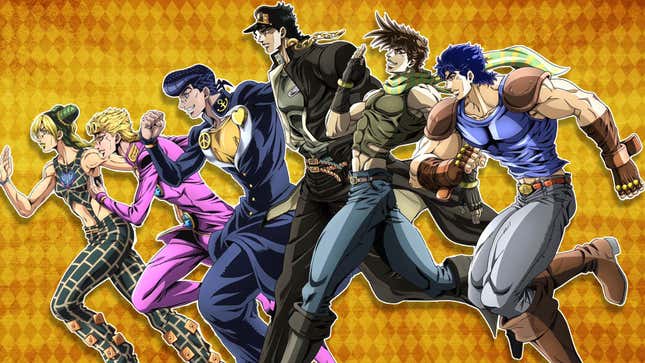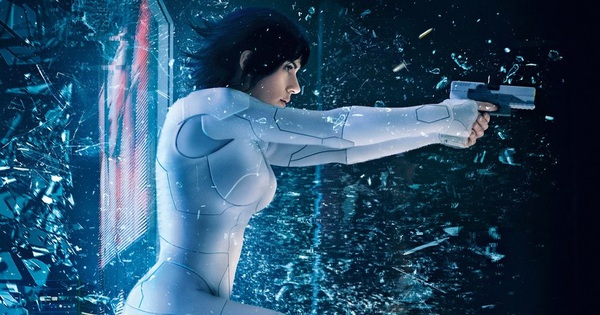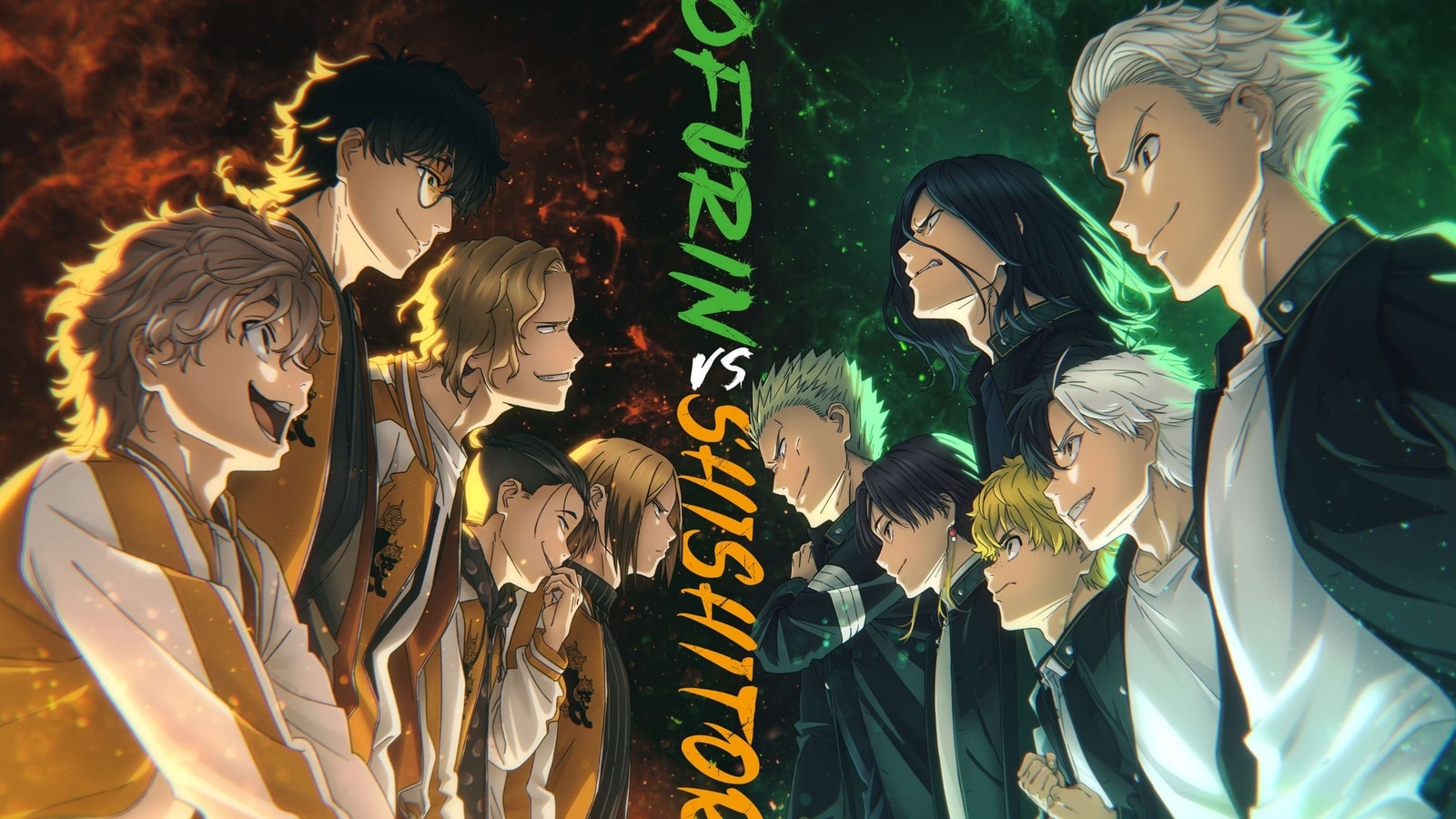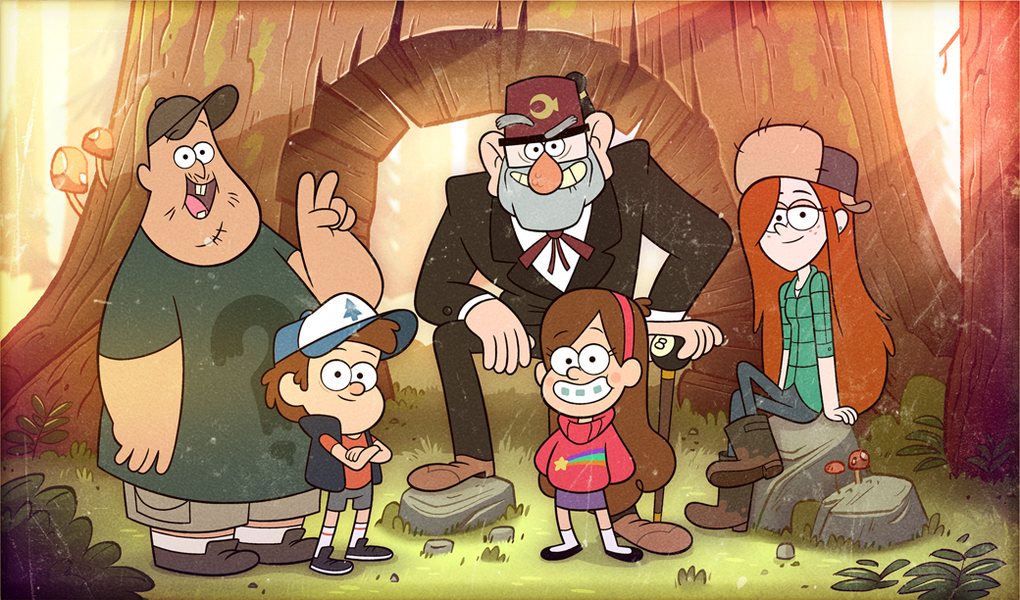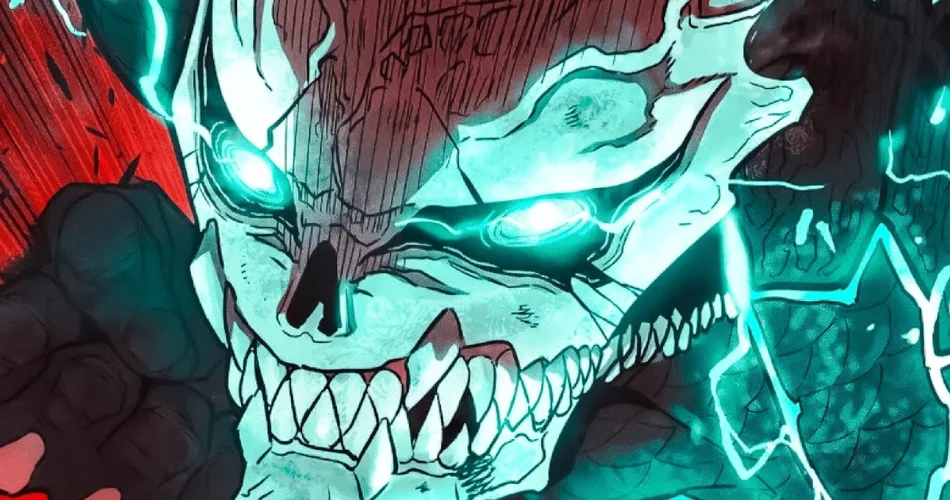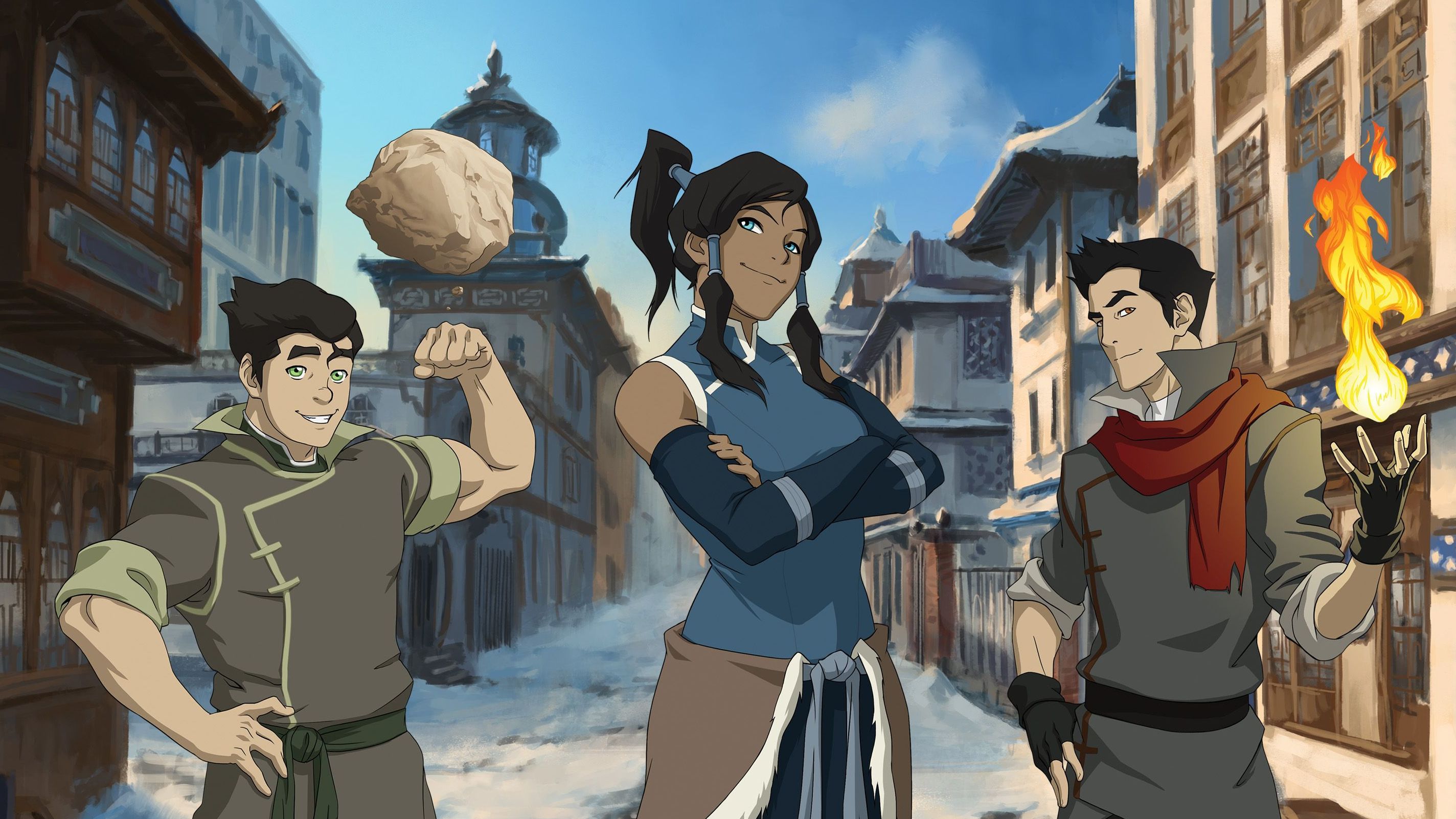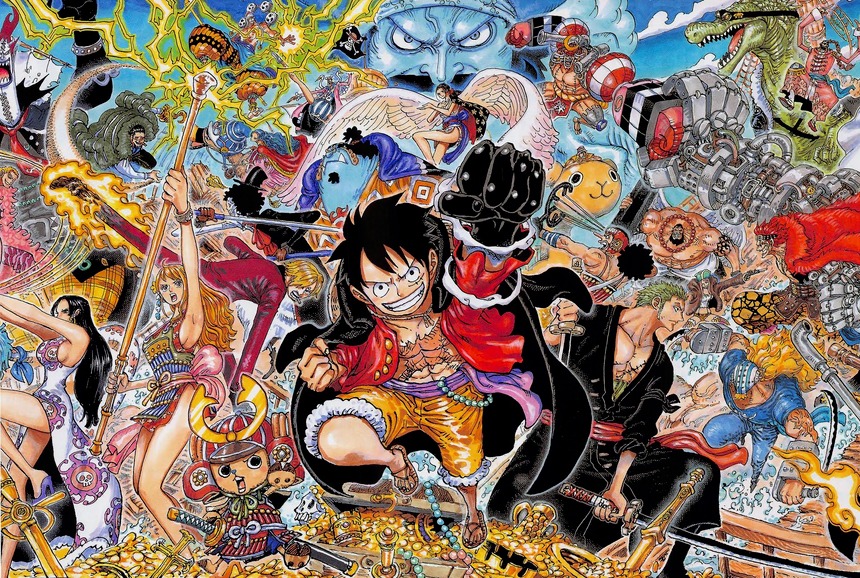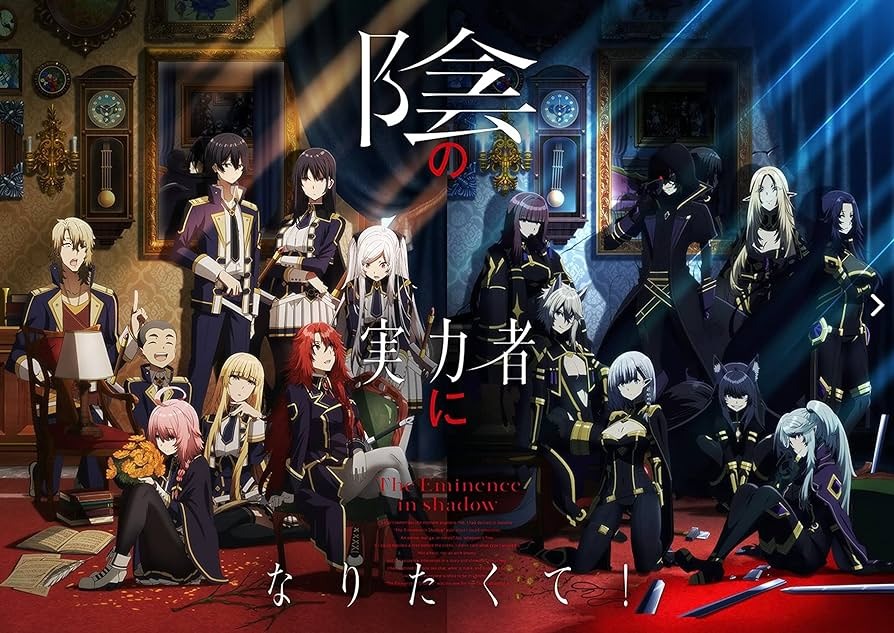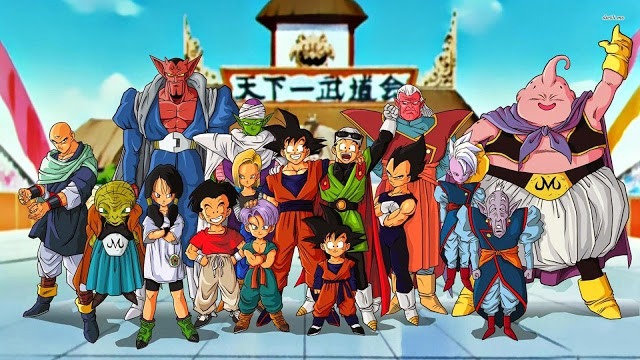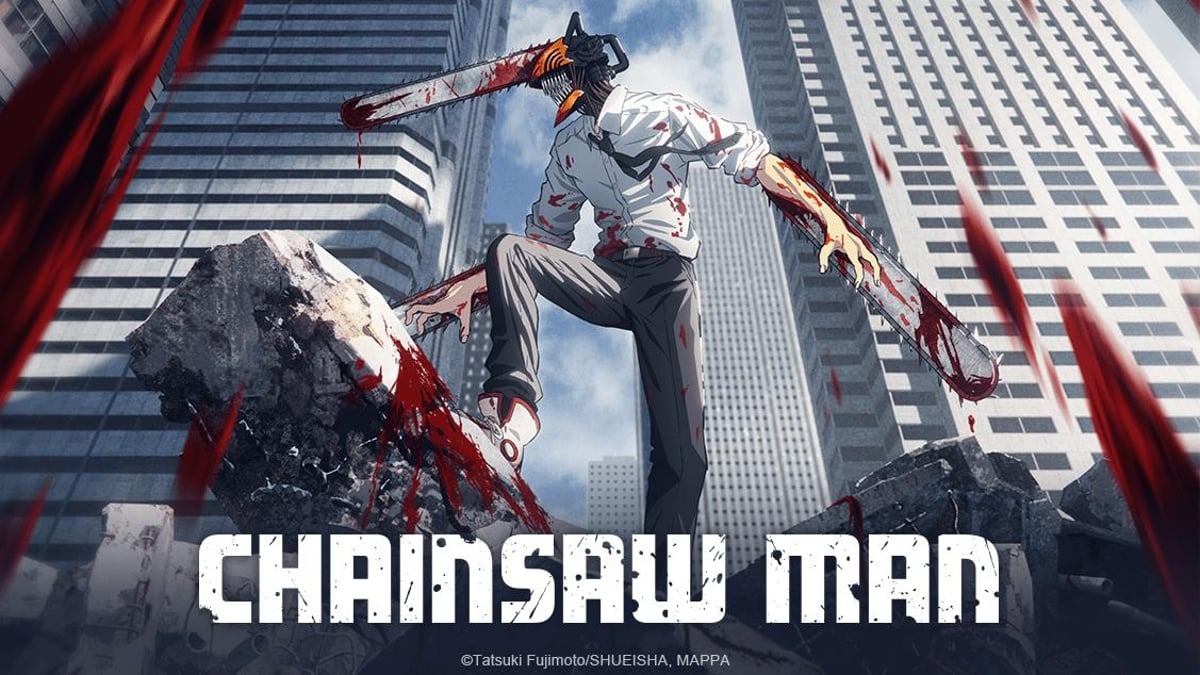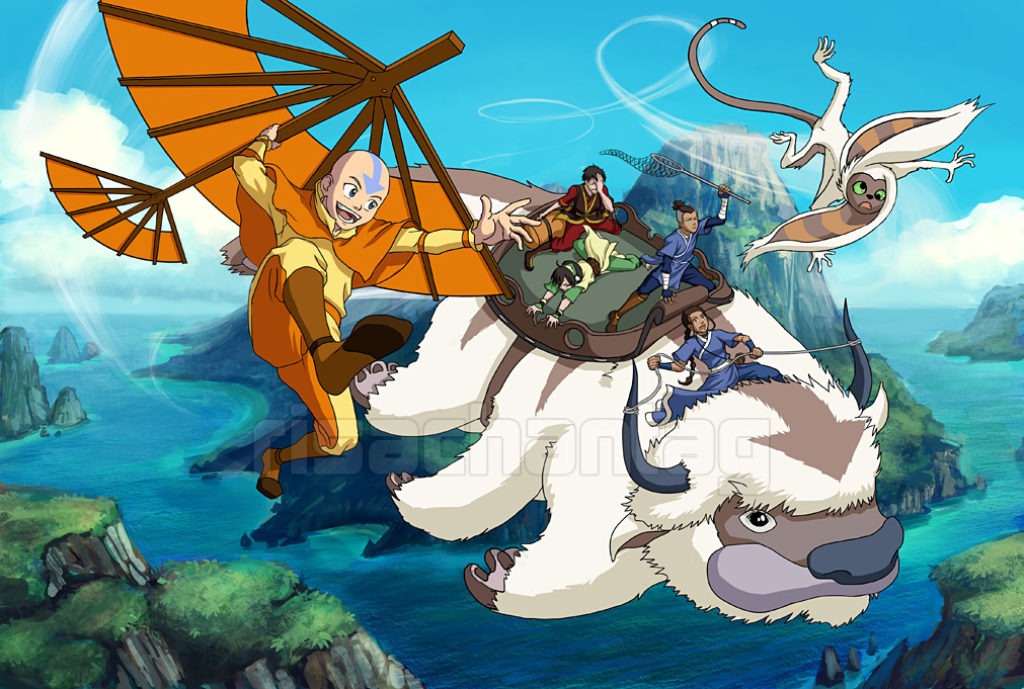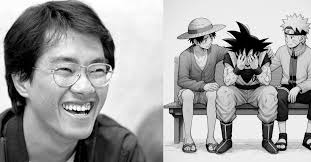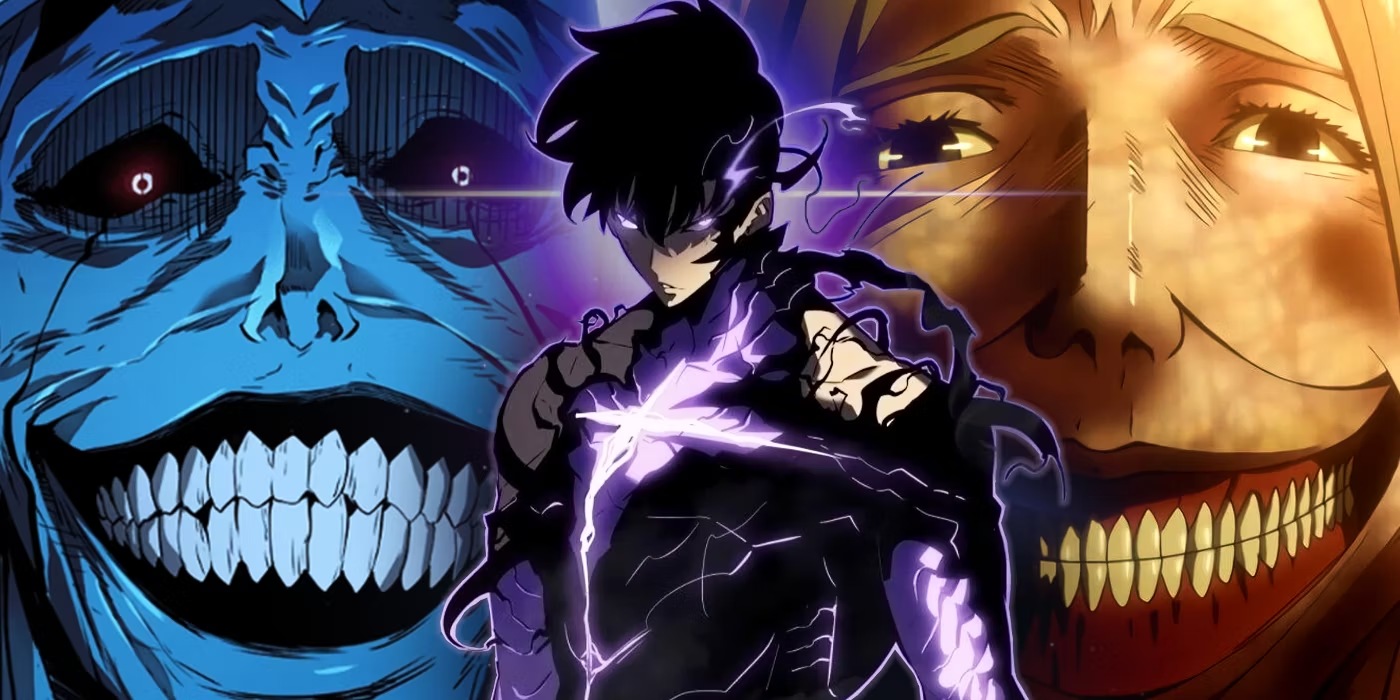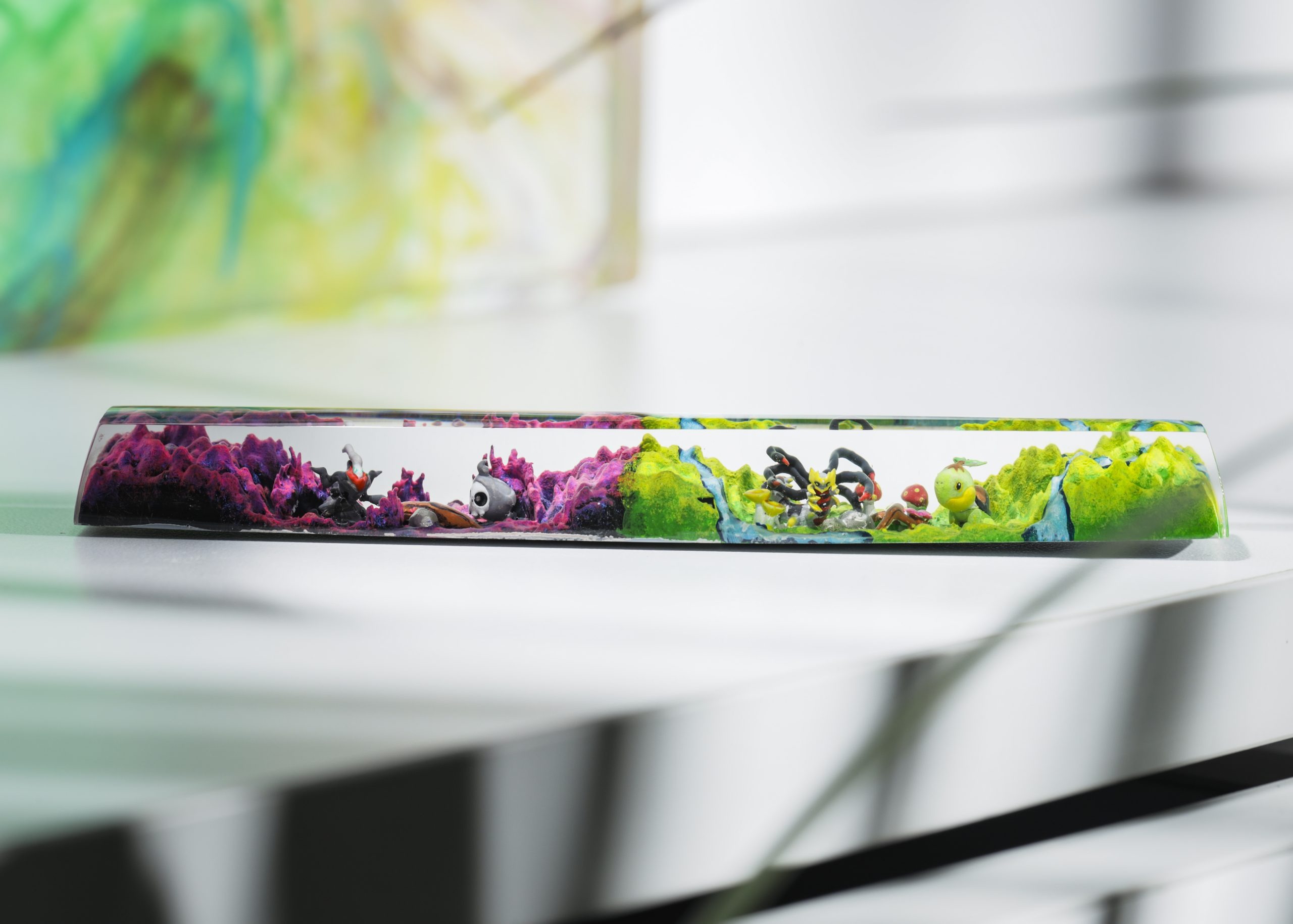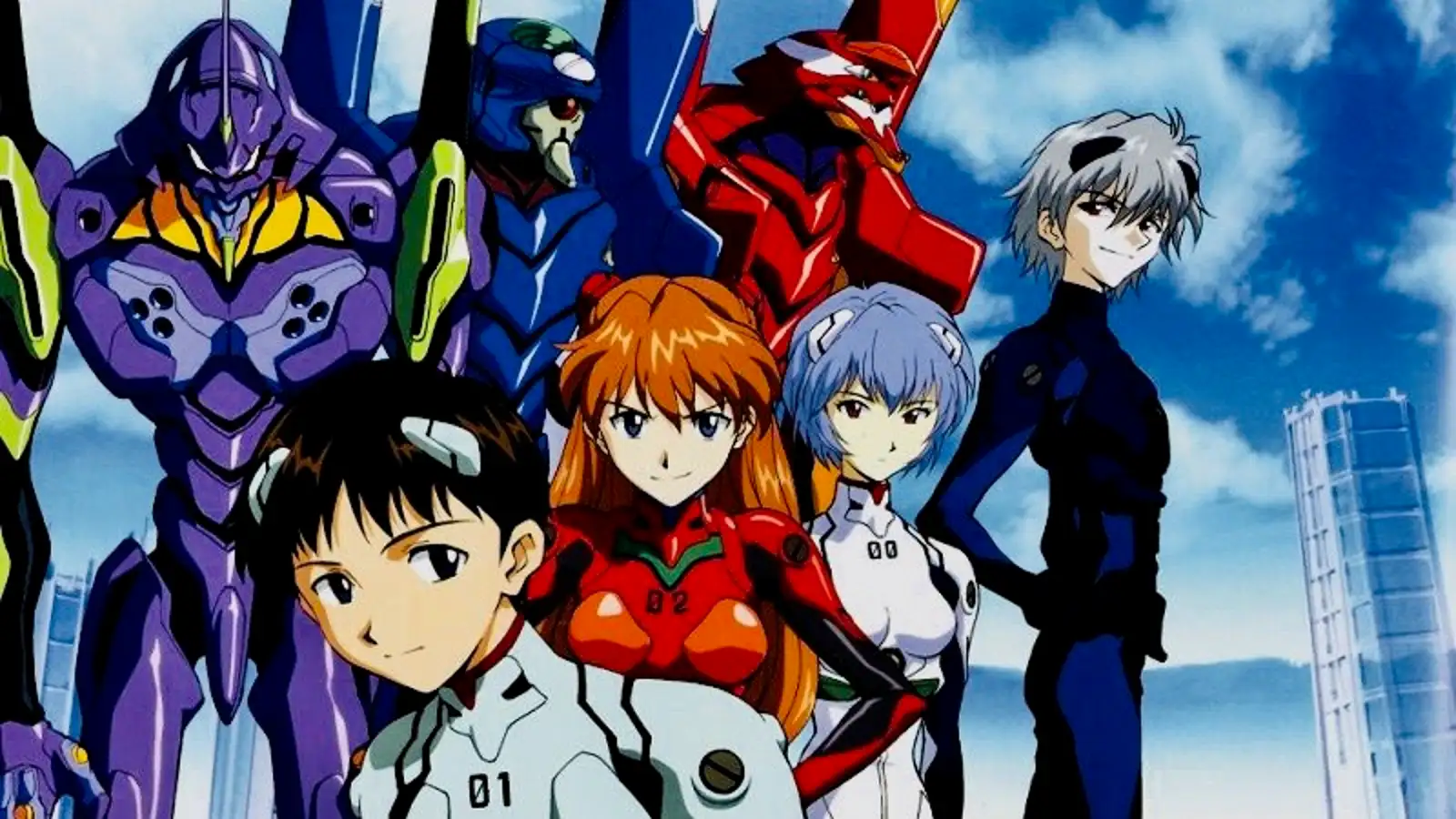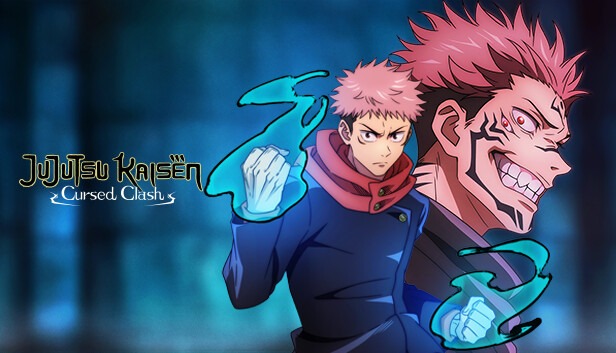The Intricate Time-Travel Mechanics in Link Click
The concept of time travel has intrigued humanity for centuries, and few stories explore this...
The Art of Magic Exploring the Stunning Visuals in Witch Hat Atelier
The Art of Magic: Exploring the Stunning Visuals in Witch Hat Atelier Witch Hat Atelier,...
The Art Style of Solo Leveling: A Visual Feast for Readers
The Art Style of Solo Leveling: A Visual Feast for Readers Solo Leveling, the immensely...
Why JJBA is the Most Bizarre Anime Ever Made
When discussing iconic anime series, one title that consistently stands out is “JoJo’s Bizarre Adventure,”...
The Philosophy of Identity in Ghost in the Shell: Exploring the Nature of the Soul
The Philosophy of Identity in Ghost in the Shell: Exploring the Nature of the Soul...
The Impact of Wind Breaker on the Sports Anime Genre
The sports anime genre has seen numerous iterations over the years, captivating audiences with its...
Decoding the Enigmas: Exploring the Hidden Secrets of Gravity Falls
“Gravity Falls,” created by Alex Hirsch, is a beloved animated series that has captivated audiences...
The Rise of Kaiju No. 8: A New Era of Monster Manga
The world of manga has always been rife with innovative storytelling and vivid illustrations, but...
Character Study: Korra and Aang’s Legacy
In the richly woven tapestry of the “Avatar” universe, the characters of Korra and Aang...
Islands of Wonder: Exploring the Unique Geography of One Piece
Enter the vibrant world of One Piece, a beloved manga and anime series created by...
Unveiling ‘The Eminence in Shadow’: A Dive into its Intriguing Premise
“The Eminence in Shadow” is a light novel series written by Daisuke Aizawa and illustrated...
Dragon Ball Z: A Cultural Phenomenon Through the Ages
Since its debut in 1989, “Dragon Ball Z” has become a cultural phenomenon that transcends...
Unleashing the Chainsaw: A Deep Dive into Chainsaw Man’s Gripping Plot
In the realm of dark fantasy manga, few series have captivated readers quite like Tatsuki...
Aang’s Journey: From Reluctant Hero to Avatar of Peace
In the world of animated series, few have captured the hearts and minds of viewers...
Akira Toriyama: The Genius Behind Dragon Ball
Akira Toriyama stands as one of the most influential figures in the realm of manga...
A Beginner’s Guide to ‘Solo Leveling’: Everything You Need to Know
If you’re a fan of thrilling, action-packed stories with a dash of fantasy and a...
Exploring the Evolution of Pokémon Keycap Art: From Simple to Sculpted
Pokémon keycaps have become a popular accessory for mechanical keyboard enthusiasts, combining the love for...
Evangelion’s Impact: How it Revolutionized Anime Forever
Evangelion stands as a monument in the anime landscape, a series that not only captivated...
A deep dive into Yuji Itadori’s transformation from a regular high school student to a formidable jujutsu sorcerer.
In the world of Jujutsu Kaisen, the journey of Yuji Itadori from a regular high...
Beyond the Gag Gift: Tracing the Cultural Roots of Boobie Mousepads
Boobie mousepads, often humorously referred to as “boob mousepad,” have transcended their initial perception as...


